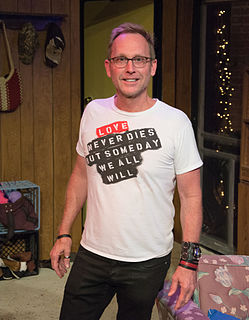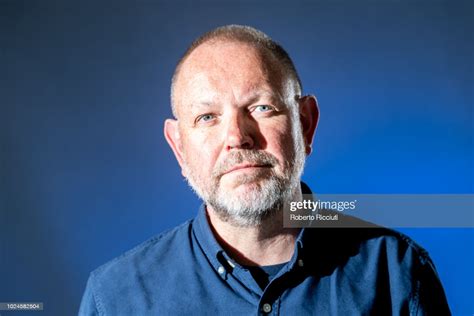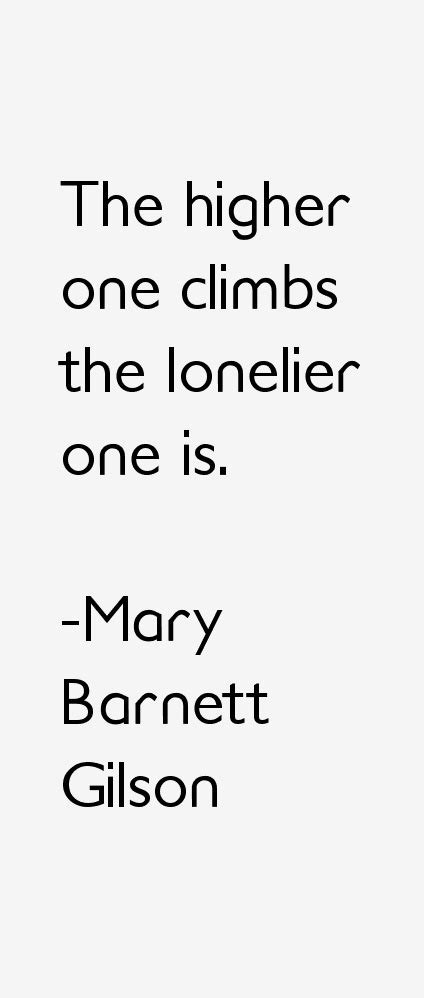A Quote by Carl Sagan
You could just as well say that an agnostic is a deeply religious person with at least a rudimentary knowledge of human fallibility.
Related Quotes
People are invariably surprised to hear me say I am both an atheist and an agnostic, as if this somehow weakens my certainty. I usually reply with a question like, “Well, are you a Republican or an American?” The two words serve different concepts and are not mutually exclusive. Agnosticism addresses knowledge; atheism addresses belief. The agnostic says, “I don't have a knowledge that God exists.” The atheist says, “I don't have a belief that God exists.” You can say both things at the same time. Some agnostics are atheistic and some are theistic.
In my early life, and probably even today, it is not sufficiently understood that a child's education should include at least a rudimentary grasp of religion, sex, and money. Without a basic knowledge of these three primary facts in a normal human being's life --subjects which stir the emotions, create events and opportunities, and if they do not wholly decide must greatly influence an individual's personality --no human being's education can have a safe foundation.
There is indeed something deeply wrong with a person who lacks principles, who has no moral core. There are, likewise, certainly values that brook no compromise, and I would count among them integrity, fairness, and the avoidance of cruelty. But I have never accepted the argument that principle is compromised by judging each situation on its own merits, with due appreciation of the idiosyncrasy of human motivation and fallibility.
The evolutionary vision is agnostic in regard to systems in the universe of greater complexity than those of which human beings have clear knowledge. It recognizes aesthetic, moral, and religious ideas and experiences as a species, in this case of mental structures or of images, which clearly interacts with other species in the world's great' ecosystem.
There can never be any real opposition between religion and science; for the one is the complement of the other. Every serious and reflective person realizes, I think, that the religious element in his nature must be recognized and cultivated if all the powers of the human soul are to act together in perfect balance and harmony. And indeed it was not by accident that the greatest thinkers of all ages were deeply religious souls
Unfortunately for the good sense of mankind, the fact of their fallibility is far from carrying the weight in their practical judgement, which is always allowed to it in theory; for while every one well knows himself to be fallible, few think it necessary to take any precautions against their own fallibility.
So it is best to keep an open mind and be agnostic. At first sight that seems an unassailable position, at least in the weak sense of Pascal's wager. But on second thoughts it seems a cop-out, because the same could be said of Father Christmas and tooth fairies. There may be fairies at the bottom of the garden. There is no evidence for it, but you can't prove that there aren't any, so shouldn't we be agnostic with respect to fairies?
Unless a group of workers know their work is under surveillance, that they are being rated as fairly as human beings, with the fallibility that goes with human judgment, can rate them, and that at least an attempt is made to measure their worth to an organization in relative terms, they are likely to sink back on length of service as the sole reason for retention and promotion.




































